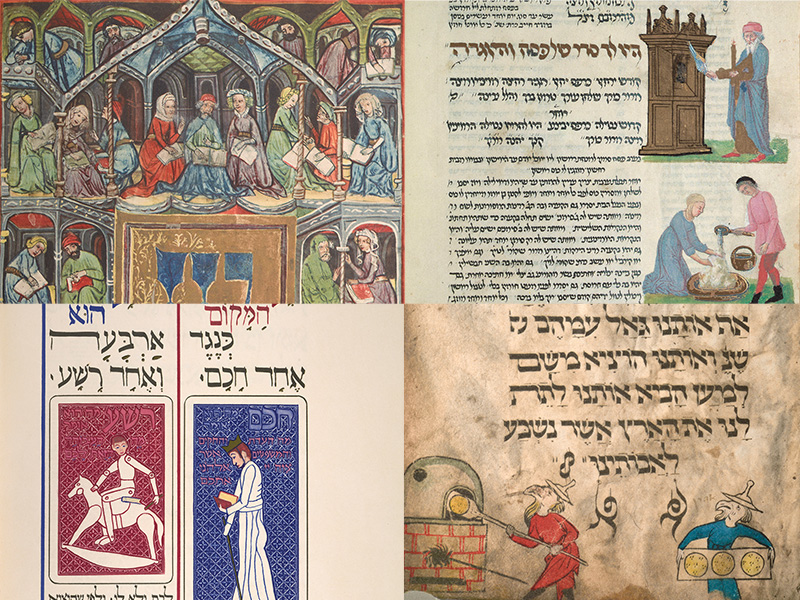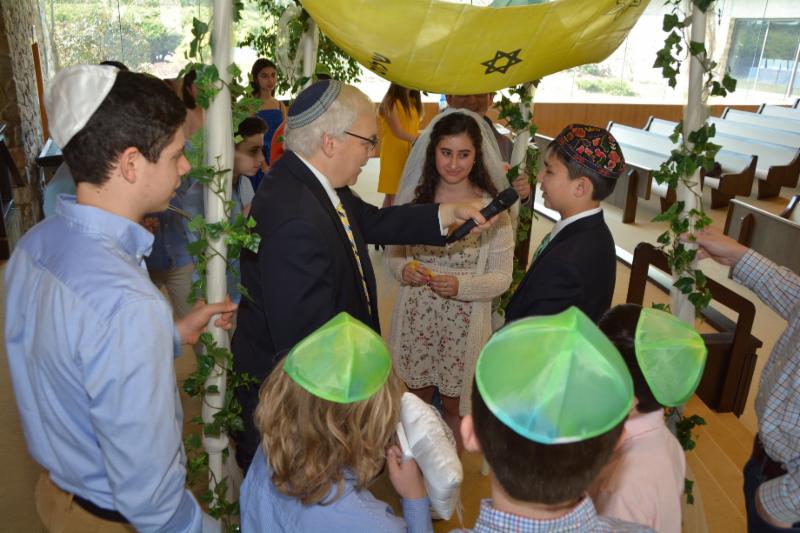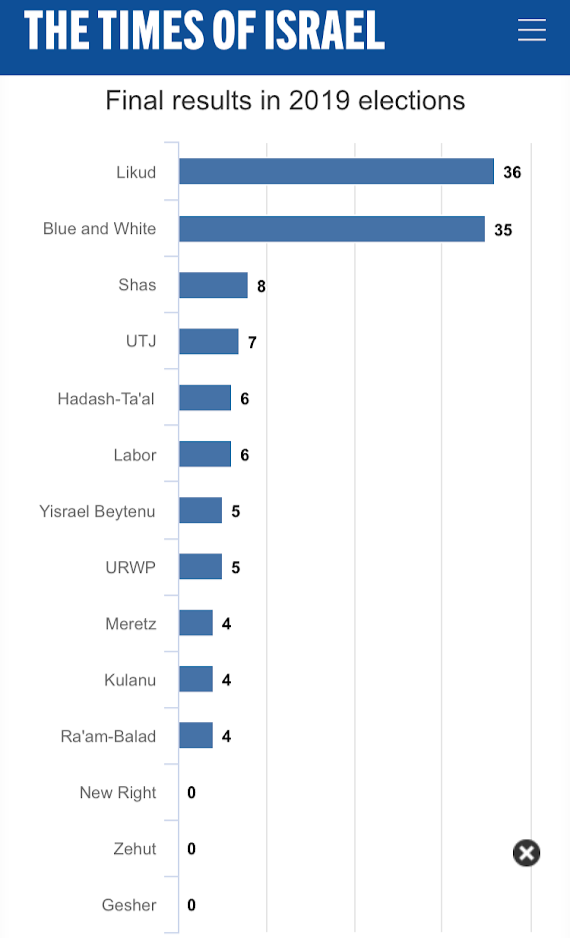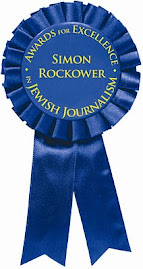Shabbat Shalom. Chag Sameach!!!
It is really sweet to be here
with you on this start of our festival of freedom. This is the start of us as a nation, the
Jewish people, and our journey from slavery to freedom.
Just like Moses and the
Jewish people traveling from Succoth to Sinai, starting their journey, I too,
am on a journey, and have reached an important milestone, but not a final
destination. I will talk about that in a
little bit.
The Torah reading for this
morning is not from the usual rotation of portions, but a very special one,
harking back to Exodus, and telling the story of, you guessed it, some of the
Passover rituals. Much of the reading
from Parashat Bo is straightforward. It
explains the Passover sacrifice, but more importantly, tells us that the lamb
we eat must be especially selected, roasted and fully eaten. It goes into great detail on painting the
door lintels with blood so that the Israelite houses would be spared the visit
from Adonai, for the killing of the first born.
As there is destruction and
turmoil in Egypt, there is a perhaps confusing statement from Pharaoh. Exodus 12:32 states,
גַּם־צֹאנְכֶ֨ם
גַּם־בְּקַרְכֶ֥ם קְח֛וּ כַּאֲשֶׁ֥ר דִּבַּרְתֶּ֖ם וָלֵ֑כוּ וּבֵֽרַכְתֶּ֖ם
גַּם־אֹתִֽי׃
Take also your flocks and your herds,
as you said, and begone! וּבֵֽרַכְתֶּ֖ם
גַּם־אֹתִֽי׃
And may you bring a blessing upon me
also!”
A special blessing on me also? Couldn’t Pharaoh have spared everyone the
violence and mayhem by letting the Children of Israel go prior to the last
plague? Why should Pharaoh be getting a
blessing for himself?
Rashi, the most influential Torah
commentator, who lived in the 11th century, said:
וברכתם גם אתי
AND BLESS ME ALSO — Pray on my behalf that I should not die because I am a
firstborn (cf. Targum Jonathan
on Exodus 12:32 and Mekhilta d'Rabbi
Yishmael 12:29).
The question is pray to whom? Wasn’t Pharaoh considered a deity among his
people? Why would he be praying to
another god? Doesn’t that request lessen
his status? And, hadn’t Pharaoh deflected the God of Israel so many times to
really make us wonder why this is happening.
Yes, Adonai hardened Pharaoh’s heart many times, but this request for
blessings still seems, at least to me, to be totally out of character. Or is it that he finally saw the light? In any event, the reason he said this is
obvious – when your own life is in danger, you try anything.
Pray on my behalf. Suddenly his powers as a god are severely
lacking. Pharaoh needs help in saving himself.
Let’s go further in the reading to
tackle another part of our portion. Exodus 12:35.
וּבְנֵי־יִשְׂרָאֵ֥ל
עָשׂ֖וּ כִּדְבַ֣ר מֹשֶׁ֑ה וַֽיִּשְׁאֲלוּ֙ מִמִּצְרַ֔יִם כְּלֵי־כֶ֛סֶף וּכְלֵ֥י
זָהָ֖ב וּשְׂמָלֹֽת׃
The Israelites had done Moses’ bidding and borrowed from the Egyptians
objects of silver and gold, and clothing.
I have wondered about this for many years.
How did the Israelites get the silver and gold, and clothing? They should just walk over to Egyptian houses
and ask to borrow these things? Shouldn’t the Egyptians know that they want to
leave, and they will never see their belongings again?
This line is certainly not as simple as it seems. Let’s dissect it.
The first question stems from Moses’ request. How is it that Moses, the chosen of God,
asked his people, his tribe, to go and steal, ok borrow, these objects from the Egyptians? And, speaking of the Seder, or the order, how
is it that the portion states silver, gold and clothing? Isn’t gold preferred
over silver, and both over clothing?
Let’s deal with that first question, as it really bothers me that Moses
would tell the Israelites to go and plunder possessions from the
Egyptians. Moses knows full well that
they will be leaving Egypt, he knows that the materials will never be returned.
To try to answer this, I turn to the commentary of Ḥayyim ben Moshe ibn Attar, also known as the Or ha-Ḥayyim after his popular
commentary on the Five Books of Moses; he stated:
“The Torah stresses that the reason the
Israelites "borrowed" all this was not
because they were greedy for material goods but because Moses had instructed
them to. The Torah may also teach us an object lesson in what Maimonides wrote
in chapter nine of his Hilchot Yesodey Hatorah, Fundamentals of Torah, that if a prophet orders the people to commit
an act which is against Torah law and such an order is of a temporary nature,
an emergency situation, the people are to accept the prophet's instructions as
long as the violation is not in the realm of idol worship.”
Interesting. But, wait there is more!
The Or ha-Hayyim continued : “The
people here were not happy about deceiving the Egyptians by making them think
they were borrowing these trinkets intending to return them in a few days.
Seeing that Moses was a duly accredited prophet, however, they complied with
his instructions in spite of their misgivings.”
So, if you thought there was a moral
problem here, you were right.
So, from our reading this morning we
have this picture of the Israelites leaving Egypt. First, they ate the lamb, put the blood on
the door lintels, took some possessions from the Egyptians, and then hurried
out of slavery and into freedom to worship the One God.
Their journey leads me to my journey,
which did not have to be done in such a rush, and the rabbinic learning which
lingered for seven years. This
culminated in my ordination as a Rabbi last Tuesday from the Academy for Jewish
Religion. That was not the end of my
journey, but a major milestone along the path.
My education at the academy was
extensive, I took over 70 courses from Talmud to Pastoral Care, from the
mystical book Sefer Yetzirah to the Architecture of Ritual, from Contemporary
Midrash to The Book of Job. Then there were dozens of ritual skills to master
and eight comprehensive examinations. I learned so much from the instructors
and students, and yet, I know there is still much more to learn.
The ordination day was incredible,
filled with many blessings. The day was so full that I am still unpacking portions
of it. Many family and friends were
there, each one there a special blessing for me. And
after the ceremonies were finished, many headed back to Stamford for a
wonderful celebration to cap the day.
Those celebrations continue now with my home congregation, and next week
with my Glens Falls community. Also, several members of my first shul I served as
a student rabbi, Congregation Sinai of Milford, were at the ordination.
Temple Beth El has been and always will
be a very special place for me, with so many incredible friends, all part of
this Kahal Kadosh, this holy congregation.
It is here where I started leading daily minyanim and serving as a
gabbai. It is here where my educational
journey began, and it is here where I realized I needed to go onto further
study.
I am especially grateful to our
Hazzanim over the 33 years that my family and I have been members here. From the Hazzan, Sid Rabinowitz, to Deborah
Jacobson, to George Mordechai and Magda Fishman, I developed a love of Hazzanout
and learned many musical interpretations of our liturgy. And from my friend, mentor, advisor, role
model, and mensch, Rabbi Joshua Hammerman, I have learned so much Torah and about
being a rabbi. He was one of my
presenters at the ordination and wrote so lovingly about me in the ordination booklet.
I also owe a big debt of support to members
of my family who are no longer with us, my mother Barbara, father Nathaniel and
brother David; as well as Jane and Walter Wertheim, zichronam livracha.
And there are more people to thank,
including all of you here today, as we celebrate the beginning of Pesach and my
ordination.
Thank you also to my son, Sam and Rae;
in addition to my daughter Ruth and Kim. You have been behind me on every step
of the journey.
But the biggest thank you, the Todah
Rabbah Gedolah, goes to my wife and partner of 45 years, Fran. Without her support and encouragement, this
would never have been possible.
The journey from Egypt to the Promised Land
took 40 years. Rabbi Akiba, one of our
greatest sages, started his studying when he was 40. I also started studying at 40, well maybe a
bit after that, but it did not take me 40 years to finish. In seven years, one year for each day of
creation and our day of rest, I gained rabbinical s'micha. I still can’t believe it.
My journey continues. I look forward to serving Amcha, our people,
for many more years.
Chag Sameach; Shabbat Shalom.















